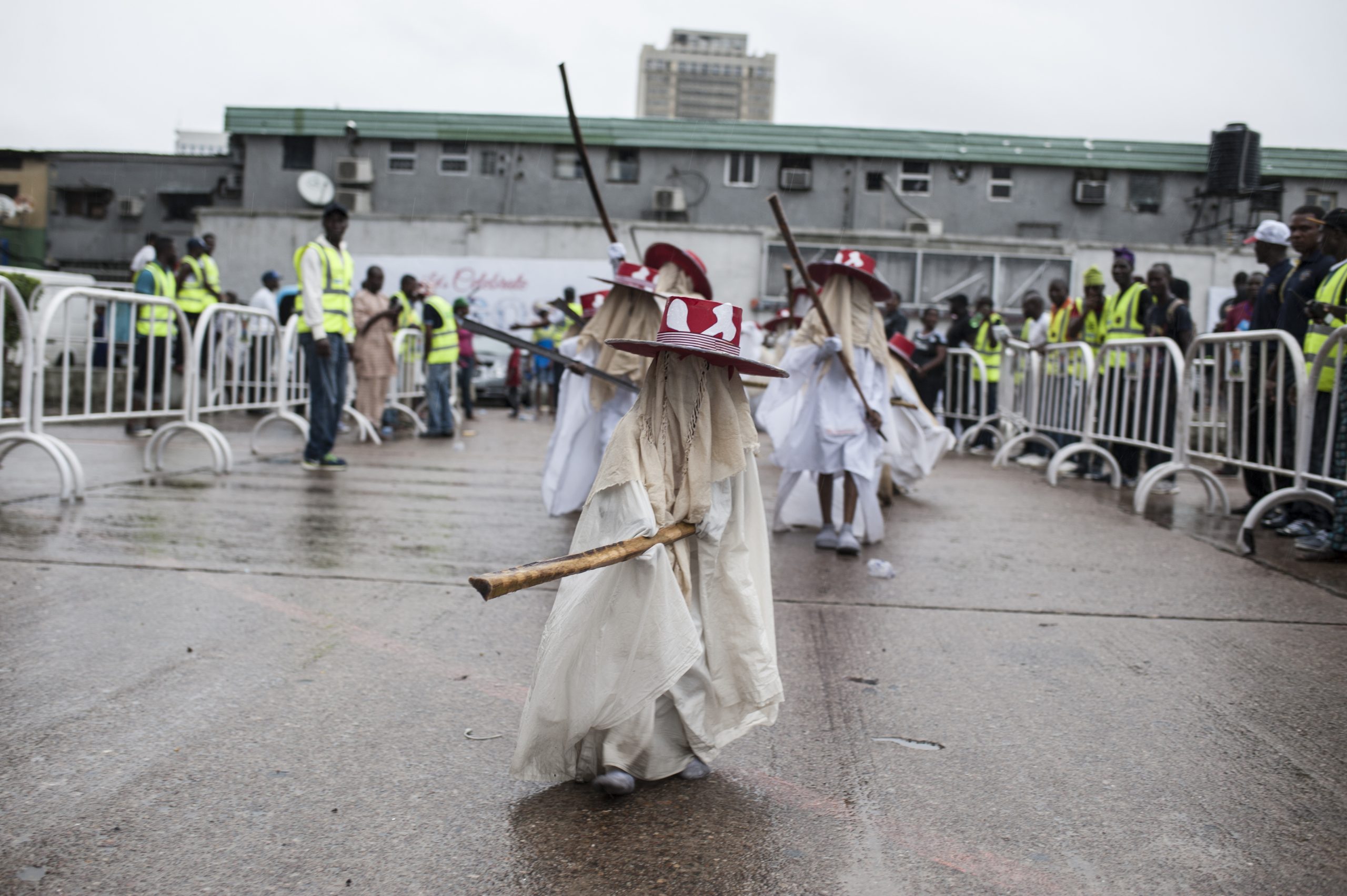Conservative candidate Karol Nawrocki has emerged victorious in Poland’s presidential runoff election, securing 50.89% of the vote in a closely contested race against liberal Warsaw Mayor Rafał Trzaskowski, who garnered 49.11%, according to final results released on Monday.
The razor-thin margin kept the country in suspense since the initial round of voting two weeks ago.
Tensions remained high into Monday morning, reflecting a deeply polarized electorate in Poland—a key NATO and European Union member on the alliance’s eastern flank.
An early exit poll on Sunday evening had initially projected a win for Trzaskowski. However, subsequent counts gradually reversed the outlook, ultimately tilting the results in Nawrocki’s favor.
Nawrocki’s victory signals a shift toward a more nationalist political trajectory for Poland.
He was openly supported by former U.S. President Donald Trump, and his win is expected to deepen conservative influence in the country’s political landscape.
Though Poland’s prime minister, chosen by the parliament, holds most executive power, the presidency remains influential—particularly in shaping foreign policy and exercising veto power over legislation. Nawrocki will succeed outgoing conservative President Andrzej Duda, whose final term concludes on August 6.
Prime Minister Donald Tusk, who returned to power in late 2023 through a broad centrist coalition, has struggled to advance key reforms, including easing Poland’s strict abortion laws. His administration has also faced resistance in efforts to roll back judicial changes that the European Union has criticized as undermining democratic principles.
Duda’s use of veto power has been a significant roadblock to Tusk’s reform agenda, and with Nawrocki assuming office, those obstacles are expected to persist. Observers say the new president is unlikely to support the liberal coalition’s efforts, further complicating Tusk’s commitments to voters and the EU.
At 42, Nawrocki represents a younger generation within the conservative movement. He was selected by the Law and Justice party as part of its attempt to rejuvenate its image following electoral defeat in 2023.
His candidacy marked a strategic departure from PiS figures linked to previous scandals during the party’s eight years in power.
Before entering the race, Nawrocki served as head of the Institute of National Remembrance, an institution known for promoting nationalist interpretations of Polish history. He led efforts to dismantle Soviet-era monuments, actions that reportedly landed him on a Russian wanted list, according to Polish media.
Supporters view Nawrocki as a champion of traditional and patriotic values. His appeal has resonated with conservative voters opposed to secular liberal trends, including LGBTQ+ rights and broader cultural shifts.
Former U.S. President Donald Trump made his preference for Nawrocki well known. In the lead-up to the election, the conservative group CPAC held its inaugural Polish conference to bolster Nawrocki’s campaign. Kristi Noem, U.S. Secretary of Homeland Security and a close Trump ally, attended the event, publicly endorsing Nawrocki and encouraging Poles to vote for him.
With around 10,000 U.S. troops stationed in Poland, Noem suggested that bilateral military cooperation could deepen under Nawrocki’s presidency. At campaign rallies, U.S. flags were frequently displayed, and many of Nawrocki’s supporters expressed hope that his presidency would strengthen ties with a potential Trump administration return.
A recurring theme at Nawrocki’s events was a promise to restore “normality”—a term his base uses to describe a return to traditional values and national pride.











